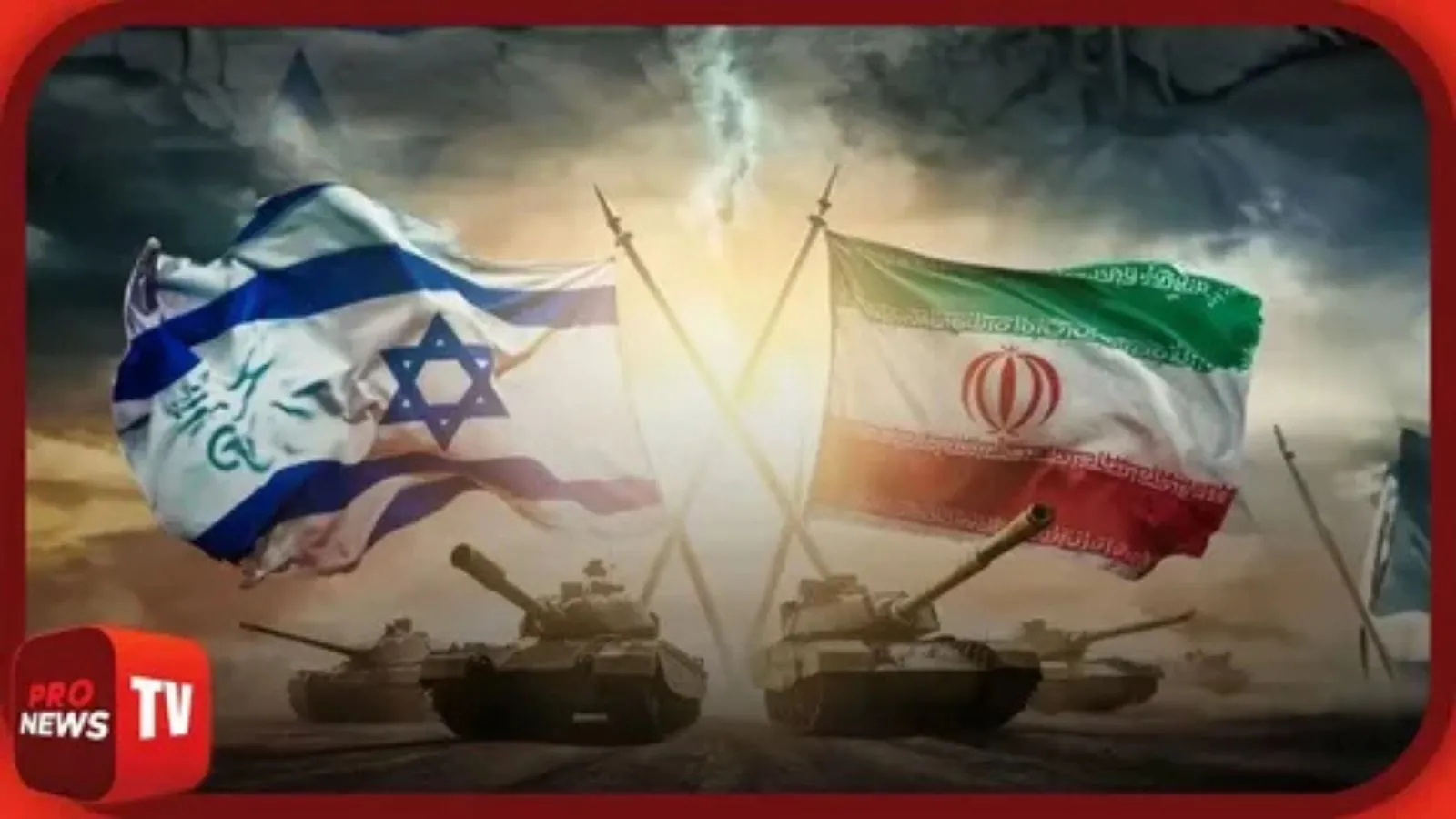The phrase “Iran vs Israel war” often trends during heightened periods of Middle East tension. While a full-scale war between Iran and Israel has not yet occurred, the two countries have been engaged in a long-standing shadow conflict characterized by cyberattacks, proxy battles, covert operations, and regional influence struggles. Understanding the complexities of this adversarial relationship is crucial in evaluating the risk of open war and its potential global consequences.
The Historical Roots of Iran-Israel Hostility
The animosity between Iran and Israel dates back to the 1979 Iranian Revolution, when Iran’s new Islamic regime, under Ayatollah Khomeini, severed ties with Israel and labeled it an illegitimate state. Since then:
- Iran has supported anti-Israel militant groups like Hezbollah in Lebanon and Hamas in Gaza.
- Israel has conducted airstrikes against Iranian-backed militias in Syria and is suspected of assassinating Iranian nuclear scientists.
This tension is not just ideological—it’s also geopolitical, with both nations vying for influence in the Middle East.
Iran’s Nuclear Program: The Flashpoint
Iran’s pursuit of nuclear technology has been at the center of Israeli concerns. Israel views a nuclear-armed Iran as an existential threat, while Iran insists its program is peaceful. Key developments include:
- The 2015 Joint Comprehensive Plan of Action (JCPOA) temporarily limited Iran’s nuclear program.
- In 2018, the U.S. under Trump withdrew from the deal, reimposing sanctions, which escalated tensions.
- Iran has since resumed uranium enrichment, prompting fears of a potential Israeli military response.
Israel has repeatedly said it will act unilaterally if necessary to prevent Iran from obtaining nuclear weapons.
Proxy Conflicts: The War in the Shadows
Rather than direct warfare, the Iran-Israel conflict plays out through proxies:
- Syria: Israel has bombed Iranian-linked weapons shipments and military installations.
- Lebanon: Hezbollah, backed by Iran, holds tens of thousands of rockets aimed at Israel.
- Gaza: Iran supports Hamas and Palestinian Islamic Jihad, which have launched rockets into Israeli territory.
These battles, although indirect, regularly bring the region to the brink of wider war.
Cyber Warfare and Covert Operations
Cyberattacks have become a major front in the Iran-Israel conflict:
- Israel allegedly launched Stuxnet, a virus that damaged Iranian nuclear centrifuges in 2010.
- Iran has been accused of targeting Israeli infrastructure and water systems in retaliation.
Both sides have also been involved in assassinations, sabotage, and intelligence operations, adding to the volatility.
Risk of a Full-Scale War
While both Iran and Israel have powerful militaries, a direct war would be devastating:
- Humanitarian impact: Civilian casualties in Israel, Iran, Lebanon, Syria, and Gaza could be catastrophic.
- Regional destabilization: Other nations like the U.S., Saudi Arabia, Russia, and Turkey could be pulled in.
- Global consequences: Oil prices, refugee flows, and global trade could be disrupted.
Thus, while saber-rattling is common, all-out war is often avoided due to the high stakes involved.
International Responses and Diplomatic Efforts
World powers have consistently tried to mediate tensions:
- The UN, EU, and U.S. have called for restraint and diplomacy.
- The revival of the Iran nuclear deal remains a key hope for de-escalation.
- Some Gulf states, like the UAE and Saudi Arabia, have increased ties with Israel, changing regional dynamics and potentially isolating Iran.
The Role of Public Perception and Media
Misinformation and propaganda from both sides can inflame public opinion and lead to miscalculation. It’s essential for international media to report responsibly and for global citizens to seek facts from credible sources.
Conclusion
The Iran vs Israel conflict remains one of the most volatile flashpoints in the Middle East. While a direct war is not inevitable, the risk of escalation through proxy battles, cyber warfare, and misjudgment remains dangerously high. Lasting peace will require diplomatic breakthroughs, regional cooperation, and a mutual recognition of security needs on both sides.



